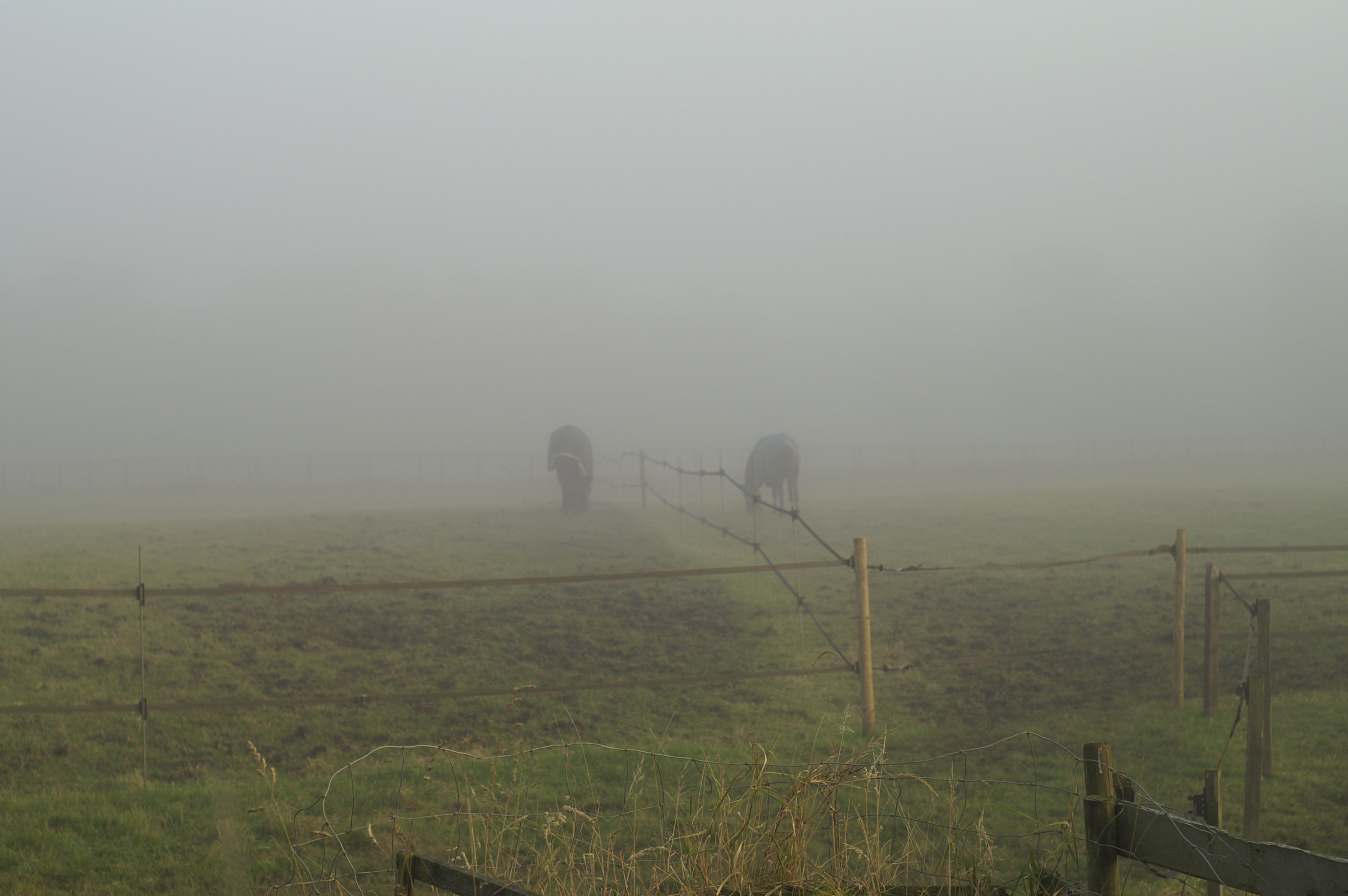The value of turnout
What are the physical and psychological benefits of time in the field and are they important? Chrissie Havis, BHS Instructor, BD List 3a judge and BD UK Level 3 Dressage Specific coach starts by asking ..... Is turnout for horses, including competition horses, a good thing, a necessary evil or to be avoided altogether?
This is a subject that has been fairly thoroughly researched by me this year and when I gathered information via a questionnaire, the general feeling was that nearly everyone (306 responses online) agreed that turnout was vital for a horse’s mental and physical wellbeing. So what are the factors that make turnout such a good thing to do for our horses?
Physical benefits - 90.1 % of my survey respondents said that the reason they turn their horse out is for the physical benefits that it brings, despite the possible risk of physical injury. In nature, wild horses are herd oriented and spend up to 20 hours per day on the move, covering an average of 15-20km and grazing as they go. Despite being a domesticated species (as we know them in our lives), our horses still have the same basic physiology, instincts and needs as their wild counterparts. Turning our horses out in the field is one factor to be considered in our quest to help fulfil all of our horses’ needs. Several studies have shown that horses confined to their stables are more likely to develop health issues, such as respiratory problems, ulcers and impaction colic – conditions associated with lack of movement and limited grazing. As well as preventing these health problems, turning your horse out gets him out in the fresh air, improves his general fitness and promotes stronger bones, muscles, ligaments and tendons. Other benefits known are to the reproductive system and also for older horses with arthritis and stiffness problems.

Psychological advantages - Even more - 98.7% - of my survey respondents were of the opinion that turning horses out was in the interest of best practice for their mental health. As a rule, horses that enjoy daily turnout tend to be happier and less highly strung. This helps to encourage and improve consistent performance in all ages of horses and makes training and handling easier. Without mental stimulation and freedom, a horse can become bored and unhappy and may begin to develop or copy stable vices. Vices can be problematic for the horse’s wellbeing and health and include weaving, cribbing, wind sucking, box walking and nipping. A horse’s true temperament can be hidden behind behaviour like this that is created by not allowing them to flourish as they should. Horses in a depressed state are likely to be less able to perform well or mentally strong enough to cope with the training asked of them.
There is a clear difference between fatigue and relaxation. A horse that lives in his stable and is worked for an hour a day, may become fatigued, but doesn’t get the opportunity to become genuinely content and at ease as a turned out, satisfied horse does.
Horses are social animals and stabling a horse individually takes away his chance to interact with other horses and learn how to look after himself. This natural behaviour helps him to become more secure in the knowledge that other horses are around and so he will be less ‘needy’. It follows therefore that the more often a horse is turned out, the less ‘pent up' he is and he will be calmer with a constant routine, making daily turnout the ideal situation. This will all make him better to train and he is also less likely to injure himself on 'release' into the field.
Injury is the main reason why people are hesitant to allow their horse freedom and like everything, there is always an exception to the 'rule' discussed above. Some horses that haven’t known the concept of being turned out in the field might find it difficult to adapt after long periods of confinement. These horses may do more damage to themselves than remaining in their known existence and at least kept in work, but there are practical and sensible ways to help a horse re-adjust to time in the field 'to be a horse' no matter how long he has been kept confined in a stable.
Safe turnout - Many factors need to be considered to make sure that the turnout provided for your horse is good turnout. The physical and psychological benefits to the horse are only realised if hazards are identified and risks to the horse minimised through sensible and knowledgeable management. The turnout must be safe, well fenced, with good quality and well maintained pasture for grazing, good footing, fresh water and with shelter. Risks can be minimised in many ways for each situation and for each horse.
I believe that it’s an essential part of horse ownership to try and do the right thing for our horses, both physically and mentally, regardless of what our own aspirations for them are. Regular turnout is undoubtedly part of that responsibility.



